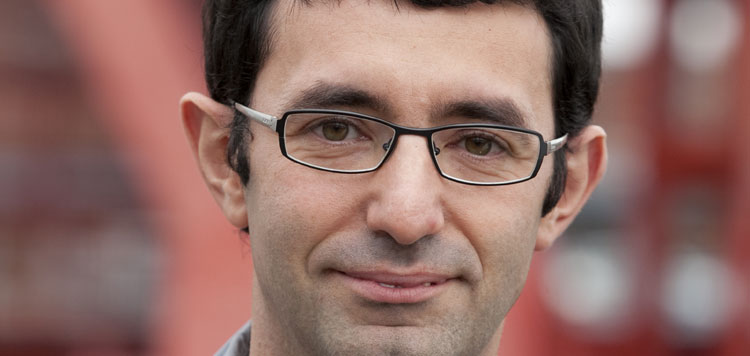Zer da gizakia izatea gaur egun?
Human being today is more of a mystery than ever before. Not because there is still much to be discovered about our genetic, physiological, social, and even psychological makeup, but, rather, because “the human” has been reduced to these and similar objective determinations. The information we collect about the functional and physical aspects of our genome or about the processes of decision-making condensed in algorithmic formulas cannot help us figure out who we are. In fact, exclusive reliance on such research may even hinder our quest for a self-definition by burying the meaning and interpretation of the human under a pile of pre-delineated answers, backed by empirical data and impervious to the questioning impulse.
A preliminary step toward quitting the impasse is reframing the question itself. Instead of “What is human being?” we should ask “Who is human being?”—a query better suited to the task of self-knowing. For twentieth-century German philosophers Martin Heidegger and Helmuth Plessner, as well as for the existentialist tradition in France, the human is, precisely, a being who can put itself in question and who, inquiring “Who am I?”, does not quite arrive at a final answer. The risk inherent in the existentialist stance, however, is getting lost in the depths of individuality and wandering in the labyrinths of an identity that verges on an abstract ideality, detached from what we a little misguidedly call “nature”.



